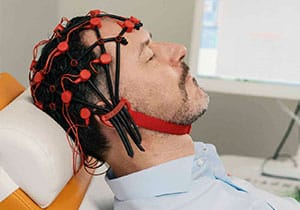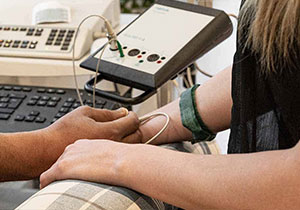
Addiction
In medicine, addiction refers to the irrefutable and irrepressible desire for a certain state of experience. Everything is subordinated to this desire. Various forms of addiction are described in the fields of psychology and psychiatry. Substance-related disorders are illnesses caused by the use of a specific substance, such as alcohol, tobacco, medication and illegal drugs. Non-substance-related disorders refer to certain behaviors that are carried out to an excessive, addictive extent, such as gambling, PC/Internet use, eating disorders, shopping addiction and sex addiction.
Symptoms of addiction:
- Strong desire for certain substances (so-called craving)
- Reduced control over consumption in terms of consumption style and quantity
- Development of tolerance with resulting increase in dose
- Occurrence of physical withdrawal symptoms
- Restricted behavior pattern
- Denying the addiction
- Neglect of family, friends, career and interests
- Neglecting other aspects of life for the addiction
- Continued use despite obvious consequential damage (physical, psychological and/or social)
A person is said to be dependent if at least three of the above criteria occur over a period of one year.




